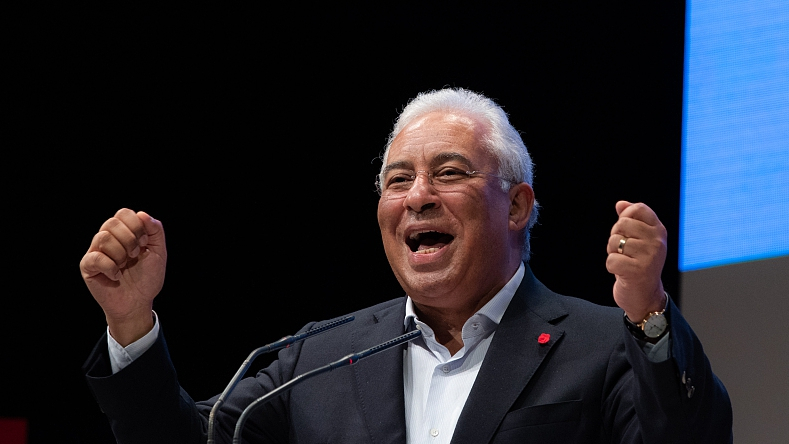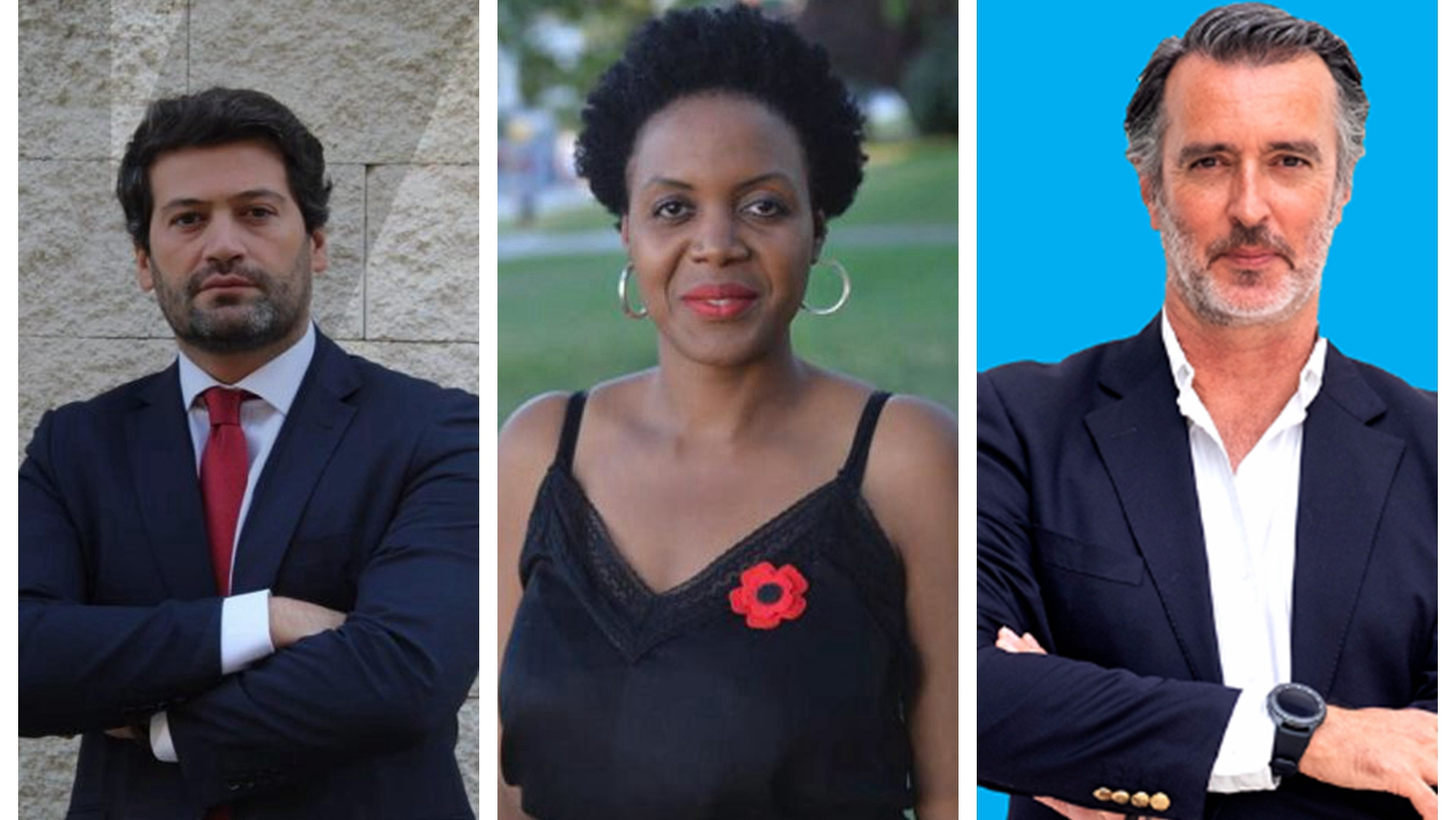
Portugal's incumbent Prime Minister Antonio Costa's Socialists were on course to win a general election on Sunday after presiding over a period of solid economic growth following years of austerity.
The new Parliament will be made up of a record number of parties, 10, including a hard-left, ecological feminist party, and an extreme-right party.
What were the results?
The Socialist Party (PS) took 37 percent of the vote, followed by the center-right Social Democrats (PSD) with 28 percent, with 98 percent of constituencies counted, according to the interior ministry
That means the PS, which has governed for the past four years with the support of two smaller hard-left parties, is set to increase its presence in the 230-seat parliament but still fall just shy of an outright majority once all seats in the assembly are awarded.
PS now have 106 seats, 21 more than in the 2015 elections. This also means more seats than the right-wing parties combined. In some cases, Costa might only need abstentions from the left parties to pass legislation.
In his victory speech, Costa said that the Portuguese people "desire the continuity" of the current political solution with a "stronger PS."
The leader challenged the Communists (PCP) and the Left Bloc to repeat the alliance made in previous elections, but also indicated that he would begin contacts with the People-Animals-Nature party (PAN) and "Free" party.
What are the coalition options?
After the last general election in 2015 in which the PS finished second, Costa convinced the Communists and the Left Bloc to support a minority Socialist government, an unprecedented alliance that foes nicknamed the "geringonca," or odd contraption.
This time the Socialists have alternatives, political analyst Pedro Norton told public television RTP. "This is an incentive for it to govern alone, by searching for ad hoc agreements" when it wants to pass laws, he said.
The Left Bloc, which finished third with nearly 10 percent of the vote, said it was willing to once again back the Socialists. "The Bloc is ready to negotiate an agreement that guarantees stability for the country," the party's leader Catarina Martins told a news conference.
On the Communists' side, Jerónimo de Sousa indicated that the "geringonca" had ended and PCP was available to vote on each proposal in the Parliament one by one.
The election gave Costa another potential governing partner as the upstart People-Animals-Nature party (PAN) won three percent of the vote and three more seats, giving it a total of four deputies in the assembly."There are red lines and those are our electoral program… we are available for dialogue," said André Silva from PAN, adding that "it's available to build bridges."
"Conservatism lost its majority in the Parliament, represented by PSD, CDS-People's Party and PCP," Silva said. "They lost seats and now there are conditions to make Portugal go forward in the twenty-first century."

New parliament members from left to right: André Ventura (Enough); Joacine Moreira (Free) and João Cotrim Figueiredo (Liberal Initiative) / Photos by official parties websites
New parliament members from left to right: André Ventura (Enough); Joacine Moreira (Free) and João Cotrim Figueiredo (Liberal Initiative) / Photos by official parties websites
Three new parties in the Parliament
The election brought three new political forces into the Parliament: Chega ('Enough'), "Liberal Initiative," and "Free." All won one seat each.
"Enough" had 66,442 votes, 1.30 percent, followed by Liberal Initiative with 1.29 percent and 65,545 votes, and Free with 55,656 votes, 1.09 percent. The new seat map means there is a record number of political parties with parliamentary seating, 10 in total.
"Enough" president, André Ventura stressed that "It was a historic feat for the party," since it was created just in April this year and won the most votes among small parties. The new parliamentarian also noted that the people chose a "truly anti-system party, truly right-wing party" and argued that in eight years' time it will be the biggest in the country.
As for Free, the leader and now deputy Joacine Moreira made clear that "there is no place for the extreme-right in the parliament" and Free will be the "anti-fascism and anti-racism left", but also a "radical feminist party."
The party, created in 2013, chose the poppy as it symbol and is a supporter of the new green deal.
First-time runner Liberal Initiative will be represented in Parliament by João Cotrim Figueiredo. "We think the division between right and left ideology doesn't make sense anymore," said the newly elected member, adding that party members insist in "social, economic, and political freedom" and less weight from the state, less "fiscal oppression."
Traditional right weaker
The final results show a decrease in seats for PSD. "We didn't reach the objective, but it's not the greatest defeat everyone was predicting," the president Rui Rio told journalists, noting that he will "serenely" ponder whether to continue or not in the party leadership.
The Christian democratic, national-conservative party, CDS – People's Party saw a historic defeat. With 4.25 percent of the vote, the party got only five seats, down from the previous 18 it had alongside PSD. President Assunção Cristas was fast to step down and ask for internal elections.
For Ricardo Costa, general director of information for SIC TV channel, there was no alternative for Assunção Cristas and the party itself might face a serious problems or even an identity crisis.
The right-wing party "Enough" was attractive among young and urban voters, and its rise is a problem for the traditional Portuguese right, including PSD.
"This is the biggest change in the partisan system since the post-April 25 revolution" said the commentator, noting that the country went from four parties, to five in 1999 when the Left Bloc first was elected and now to 10.
"This doesn't seem to affect the Left, but it will change the future of the center-right."
(With input from AFP)